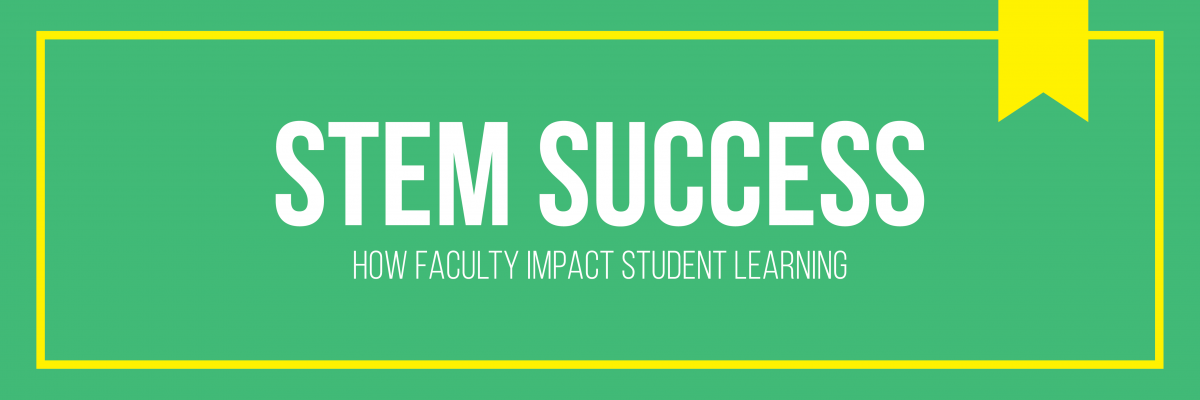- Are your students at the associates or baccalaureate level?
Associates Level
- Do you use different teaching strategies for associate level students than for baccalaureate level students? Why or why not?
If I was teaching on two levels, I think I would teach the BTech level differently since the students would have more exposure to draw on for discussion. I think I would try to push their thinking more with assignments, trying to explore their creativity in approaching solutions.
- What is metacognition and what concept from the chapter resonates with you and why? (identify the page number)
Metacognition is “thinking about thinking”. What resonated with me was the discussion on page 26, how ‘it is not what we say to our students, but it’s about what they hear’. I do find myself sharing examples of how I see things and what helps me understand, but I see the importance of asking them more about their connections to the material to better gauge their understanding and see what is “the most efficient path for them”.
- What are other factors that might influence student learning?
Other factors that may influence student learning is their desire/motivation to learn the material. If a student feels that a course/topic is not relevant to their career path, they may view it as a class that they just need to pass and never use again. In teaching fluids, I try to draw some motivation by highlighting how fluids ties into the five major civil topics (for the PE). For example, we discuss how a structural engineer may be concerned with water inside a tank being designed or a construction manager may be concerned with water on site after a storm.
- How can metacognition help us towards our goal of increasing retention 5-10% starting in the fall?
Metacognition can help retention by boosting confidence of students. An example in the book noted how a student may withdraw and stop attending classes if they do not feel they do not understand the material (and maybe feel helpless to change). Also, having students realize they can achieve a higher level of understanding may inspire them to reach for higher goals (perhaps going on to obtain a BTech instead of stopping at the Associates degree).



